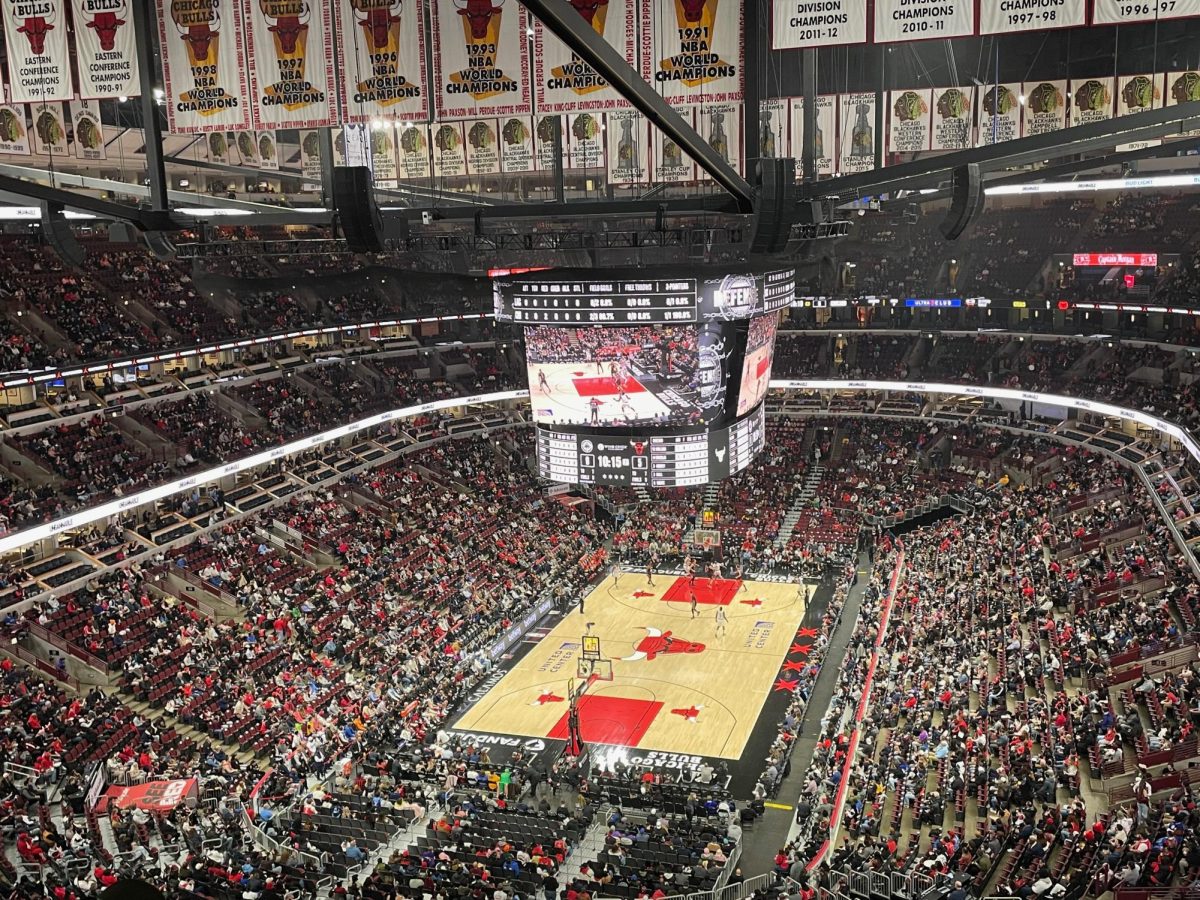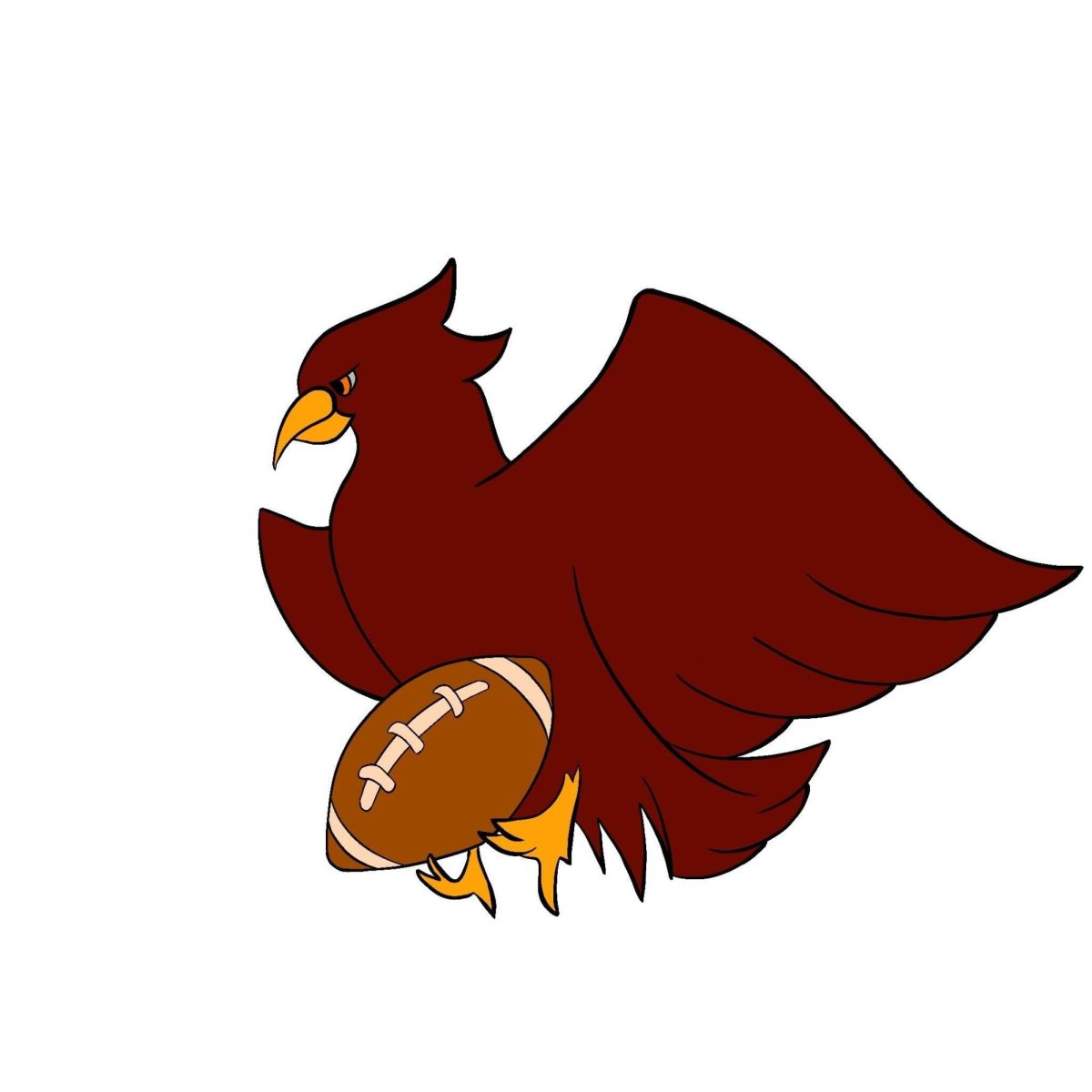Few people come to the University of Chicago expecting much from athletics. I can remember having to insist to my friends that I would survive without big college football and basketball games. I knew I would always have the Chicago professional sports scene to depend upon or (pseudo) Big Ten sports at Northwestern if needed.
Nothing prepared me for how much I would actually enjoy our school’s Division III sports.
First of all, we have some damned good teams. Since 1998, we’ve had 12 teams make it to the NCAA postseason, including men’s and women’s basketball, men’s and women’s cross country, men’s and women’s soccer, and softball. The football, track and field, and wrestling teams have also added UAA Championships of their own.
A lot of our teams only figure to get better, as well. Second-year Renee Neuner was just named the best women’s soccer player in Division III this year. First-year Korry Schwanz of women’s basketball has been named the UAA’s Rookie of the Year. We have a great young core of players in our athletics program that are helping to get us a lot of respect in the NCAA.
Yet these teams lack the fan support that successful, hard-working teams deserve. Our women’s soccer team-following last year when they lost in the regional finals of the NCAA tournament-was unbeaten in the first 17 games of the season and ranked number one in the NCAA. They were the best team in the NCAA and still only got a handful of students in the bleachers each game.
On homecoming day this year, students were more excited for the interhouse tug-of-war competition in the morning than they were for the football game. Most people didn’t even realize it was homecoming at all.
Are the games big events? Not now they aren’t. But they can be big events. The women’s soccer game against Washington University of St. Louis for the UAA Championship was bigger than most games Northwestern has had this year, but NU’s teams almost universally enjoy more fans.
The problem is that University of Chicago students cannot get over the assumptions that 1) the sports aren’t good because they’re in Division III and 2) there’s no excitement to be had at them.
A lot of the responsibility for the latter point falls on the students’ shoulders. We ask for more things to do on campus, but we ignore the free and convenient option. We want exciting sports yet we don’t show up for some really big games.
Students should encourage each other to attend games more often. Perhaps the most effective plan would be for residential houses—an easy way to get groups of students together—to walk over to games together and even tailgate beforehand.
The University’s Department of Athletics and the school’s administration should expand their incentives for going to games as well. Something as simple as advertising the free gifts given out at the Homecoming football game and moving the tug-of-war event to halftime would at least get more people to try attending a sporting event.
The promotion offering free food and the chance to win spring quarter tuition at the basketball season finales this past weekend was a great step forward.
The advertising shouldn’t have been so misleading regarding the nature of the contest, which was a ridiculous three-quarter court shot, but the crowd had its strongest showing of the season.
During fall quarter, the Women’s Athletic Association had a dinner with key members of the administration to address athletic issues.
When pressed about school support of athletics, officials said that the school does not support any student programs more than others. That is, sports like baseball will not be emphasized over other student groups, like debate.
The school’s policy fits the academic attitude of the school, but it also ignores the most valuable characteristic of athletics. Namely, it ignores how sports unite people and give them a source of common pride. They get people to identify and interact with each other and wear a school insignia proudly.
Feelings of pride are not limited to the fans, either. One football player that I talked to this year asked that I mention how important cheering is to the players. They’re not just playing for themselves; athletes want to represent the University of Chicago. Of course they enjoy what they do, but they deserve a lot of credit for somehow fitting practice, games, and meetings into their regular course load.
Attend a game even if sports are not your thing. In the end, only students can make them into a part of our social life here. We’re missing out if we don’t.








